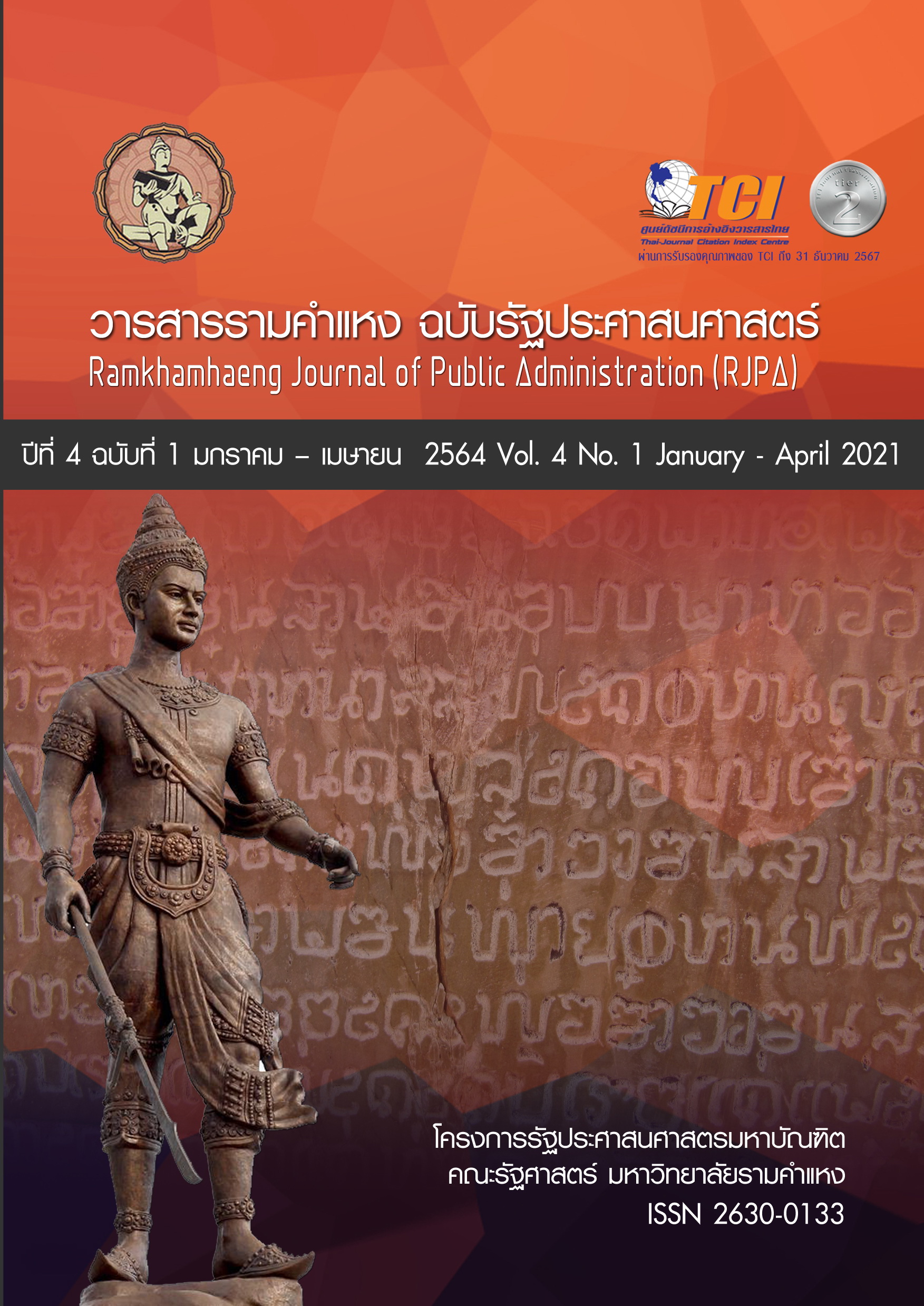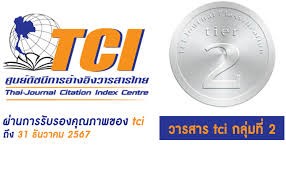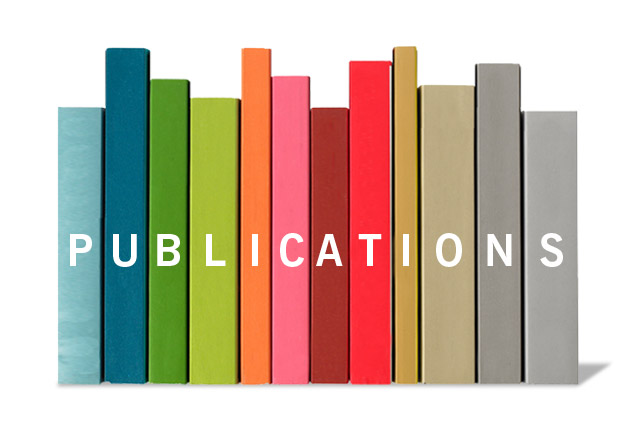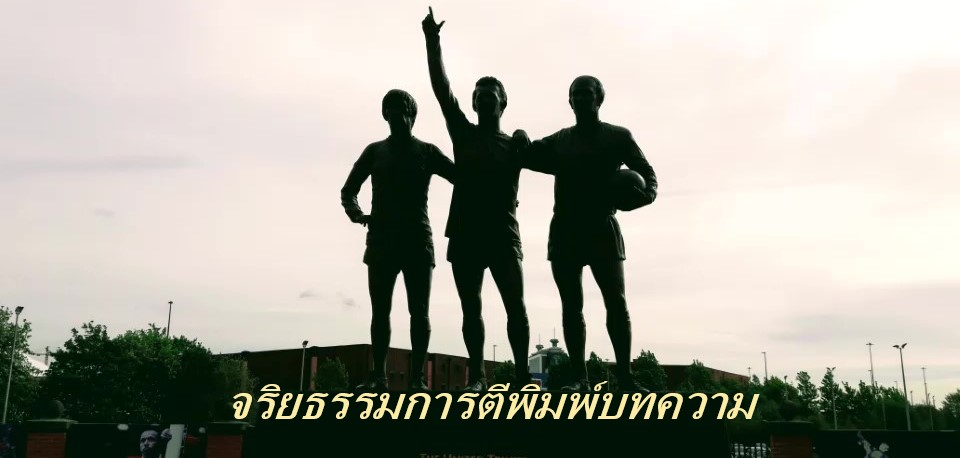จุฬาราชมนตรีกับการเมืองไทย (Sheikul Islam and Thai Politics)
Abstract
บทคัดย่อ
งานวิจัยนี้มีวัตถุประสงค์เพื่อศึกษาความเป็นมาและพัฒนาการของตำแหน่งจุฬาราชมนตรี และศึกษาปัจจัยสำคัญที่กำหนดให้ผู้ปกครองรัฐไทยแต่งตั้งตำแหน่งจุฬาราชมนตรี โดยแบ่งการศึกษาออกเป็น 3 ยุค คือ (1) ยุคศักดินา (2) ยุคสมบูรณาญาสิทธิราชย์ และ (3) ยุคหลังการเปลี่ยนแปลงการปกครอง
การศึกษาใช้ระเบียบวิธีเชิงคุณภาพ โดยศึกษาเอกสารและการสัมภาษณ์เชิงลึกจากผู้ให้ข้อมูลสำคัญที่เป็นผู้มีความรู้เป็นพิเศษในทางศาสนาอิสลามและการปฏิบัติงานของจุฬาราชมนตรี จำนวน 4 ท่าน
ผลการศึกษาพบว่า ที่มาและการแต่งตั้ง “จุฬาราชมนตรี” ในแต่ละยุคมีความแตกต่างกัน โดยใน 2 ยุคแรกนั้นเป็นการแต่งตั้งโดยพระมหากษัตริย์เพื่อให้เป็นขุนนางรับใช้พระมหากษัตริย์ ทั้งให้อำนาจเป็นกรมท่าขวาควบคุมเรื่องการค้าและการต่างประเทศ ทั้งดูแลกลุ่มชนมุสลิมในรัฐไทย โดยมีปัจจัยทางเศษฐกิจและการเมืองเป็นส่วนำคัญ แต่ในยุคที่ 3 หลังเปลี่ยนแปลงการปกครองจนถึงปัจจุบัน การแต่งตั้งมิได้มาจากพระมหากษัตริย์ การเข้าสู่ตำแหน่งเปลี่ยนจากการสืบสายวงศ์ตระกูลมาเป็นการคัดเลือก แต่หลังจากเปลี่ยนแปลงการปกครอง ภายหลังปี พ.ศ.2475 ปัจจัยทางการเมืองได้กลายมาเป็นปัจจัยสำคัญ ส่งผลต่อการเปลี่ยนที่มาและอำนาจของจุฬาราชมนตรี เนื่องจากชนชั้นปกครองได้เปลี่ยนเป็นชนชั้นนำใหม่(คณะราษฎร)ตามระบอบประชาธิปไตย ตำแหน่งจุฬาราชมนตรีก็เปลี่ยนไปอยู่ในอำนาจชนชั้นนำใหม่ และได้พัฒนาไปสู่การเลือกตั้งโดยอ้อมจากชาวมุสลิมตามแนวคิดระบอบประชาธิปไตย
Abstract
This study aims to examine the background and development of the appointment of the Sheikhul Islam of Thailand and analyze the factors that affect the establishment of the position during the three eras including: (1) Feudalism Era; (2) Absolute Monarchy Era; and (3) Post Reformation Era.
This study is based on a qualitative inquiry approach via investigating documents and conducting in-depth interviews with four key informants concerning Islamic religions and Sheikhul Islam of Thailand’s operations. After the Reformation era, the political factors became critical elements in making the change of origins and the power of Sheikhul Islam of Thailand which derived from the new revolution reform group (the People’s Party) under democracy arranged a new order of rankings including the Sheikhul Islam of Thailand. This had led to indirect election by the Muslim people in Thailand based on the concept of democracy.
The findings show that the origins and appointments of “Sheikhul Islam of Thailand” (or the chief of Muslim in Thailand) were different in each era. Within the first two eras, the King of Thailand held the absolute right to appoint the Sheikhul Islam of Thailand as a bureaucrat who was in charge of the Right Foreign-Affairs Department with the power to control trading and foreign affairs for Muslim people. The economic and political factors, certainly influenced the appointments. However, in the third era, after the Reformation to the present day, the appointment is not derived from the King. Also, the appointment which used to based on the inheritance from descendancy has changed to a method of election.




 Publication Policy (นโยบายการตีพิมพ์บทความ)
Publication Policy (นโยบายการตีพิมพ์บทความ) Publication Ethics (จริยธรรมการตีพิมพ์บทความ)
Publication Ethics (จริยธรรมการตีพิมพ์บทความ)